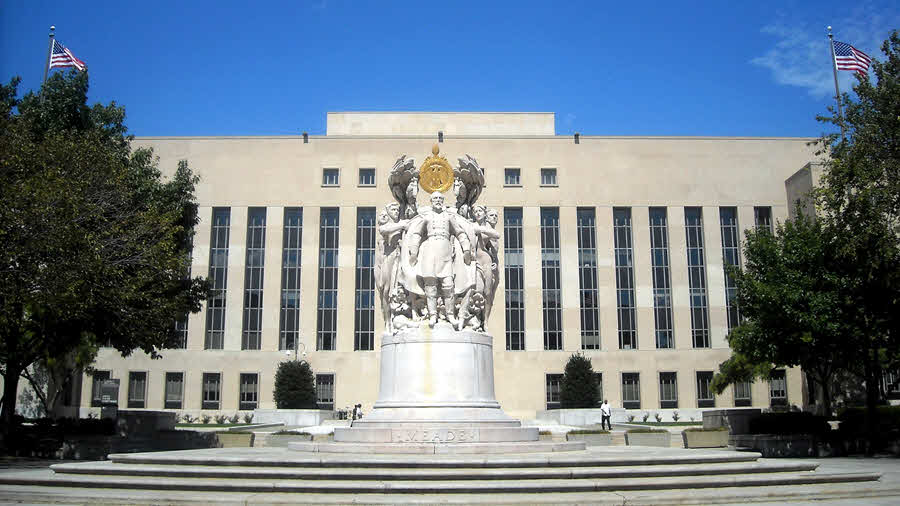Programmers: ACA's AT&T-Time Warner Proposal Illegal

The smarter way to stay on top of broadcasting and cable industry. Sign up below
You are now subscribed
Your newsletter sign-up was successful
Some major programmers are telling a federal court that it should reject the recommendation of the American Cable Association and others that it 'remedy' the AT&T-Time Warner merger proposal by allowing parties to a program access arbitration to access sensitive contract terms during discovery.
That came in a request to intervene in the case, or at least have the court accept its brief arguing against what they called a "judicially endorsed disclosure of the content companies’ highly sensitive agreements, in direct contradiction to the antitrust laws."
ACA earlier this month, in an amicus brief to help a D.C. federal district court decide whether the merger will be blocked or allowed, said that a way to make the deal palatable would be to apply arbitration and standstill agreements to all programming of the post-merged company, including Time Warner's HBO; tweak the arbitration process -- including allowing access to program contracts; ensure the use of bargaining agents and fee-shifting; prevent retaliation against rivals' subs; and permit the remedy itself to be tweaked or extended.
Joining ACA on the brief, filed May 14, were RCN Telecom, Grande Communications Networks, and WaveDivision Holdings.
In a filing with the court May 29, CBS, Fox, Univision, Viacom and Disney said that the ACA et al. proposal would mean that when a distributor that competes with AT&T-DirecTV wants to arbitrate a dispute over access to AT&T-DirecTV programming, it must supply AT&T-DirecTV with rates, terms and conditions of contracts with other programmers, including CBS, Fox et al.
Related: DOJ OK with ACA/RCN Brief
The programmers called that an anticompetitive "compulsory disclosure" proposal that is unrelated to the harms it is asserted to address and that the court should reject. They argued ACA et al. are asking the court "to permit distribution competitors to engage in anticompetitive information sharing of prices and other competitively sensitive information about video programmers.
The smarter way to stay on top of broadcasting and cable industry. Sign up below
That would create more significant antitrust problems than it purports to solve and would go beyond any regime previously adopted in any similar merger in the industry, they said: The programmers want the court to either allow them to intervene in the case, or at least accept their own amicus brief arguing against the ACA proposal.
"The programmers' request has no merit," responded ACA President Matt Polka. "There is no evidence that, in the past 15 years, these programmers have ever been harmed in arbitrations in which their programming contracts were permitted to be relied upon. Just as the court rejected their earlier effort to deny access to this key information as evidence in the DOJ's case against AT&T/Time Warner, it should do so again here. Failure to do so would cut the heart out of the arbitration process by so limiting the information that is discoverable that no party would utilize it. Neutering the arbitration process may serve the private interests of these programmers, but not the public interest."
Contributing editor John Eggerton has been an editor and/or writer on media regulation, legislation and policy for over four decades, including covering the FCC, FTC, Congress, the major media trade associations, and the federal courts. In addition to Multichannel News and Broadcasting + Cable, his work has appeared in Radio World, TV Technology, TV Fax, This Week in Consumer Electronics, Variety and the Encyclopedia Britannica.

